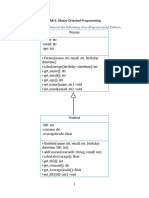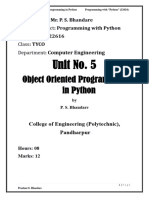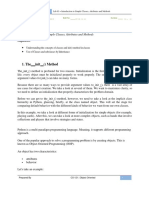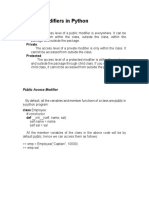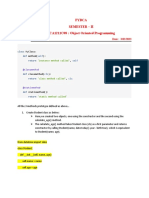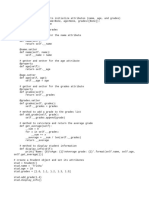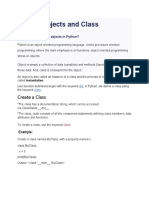0% found this document useful (0 votes)
33 views6 pagesClass 1
A r y u u t u u I u u u u
Uploaded by
ropoc16581Copyright
© © All Rights Reserved
We take content rights seriously. If you suspect this is your content, claim it here.
Available Formats
Download as PDF, TXT or read online on Scribd
0% found this document useful (0 votes)
33 views6 pagesClass 1
A r y u u t u u I u u u u
Uploaded by
ropoc16581Copyright
© © All Rights Reserved
We take content rights seriously. If you suspect this is your content, claim it here.
Available Formats
Download as PDF, TXT or read online on Scribd
/ 6


















